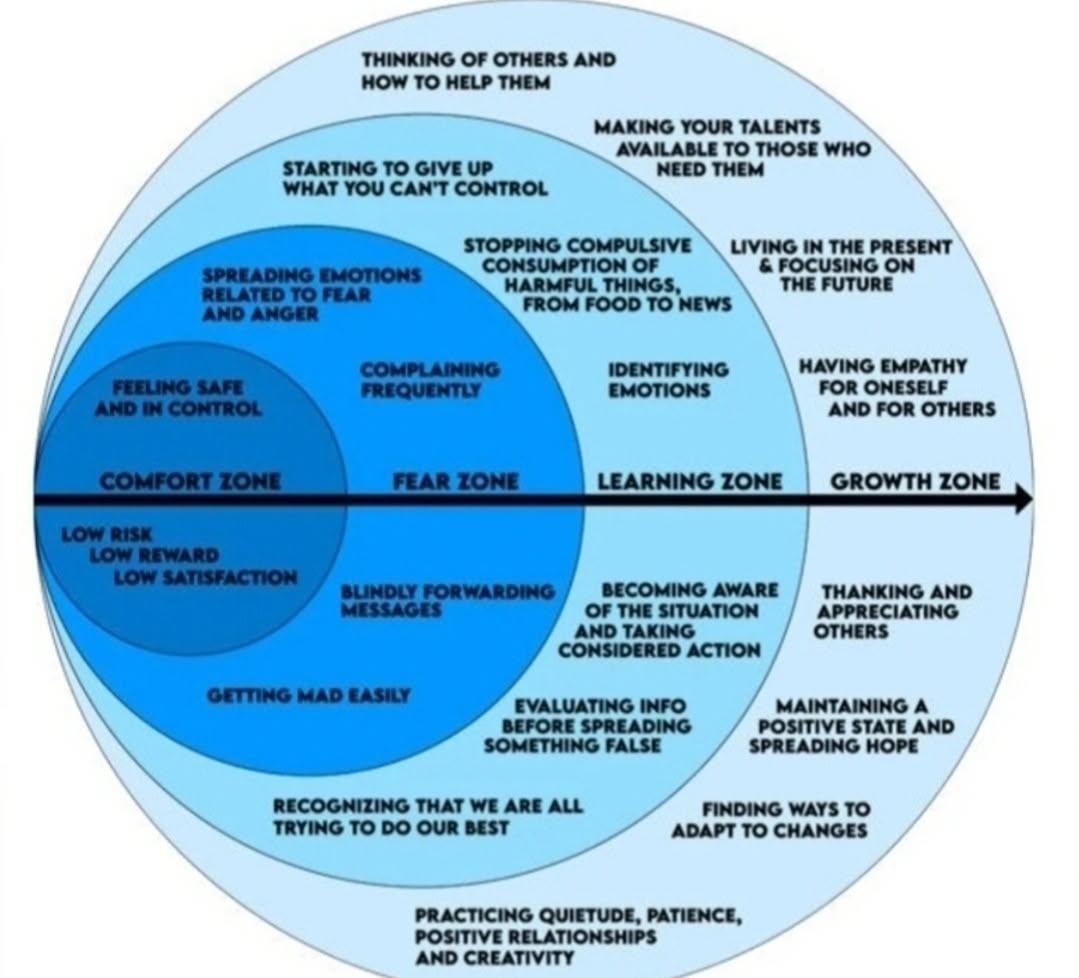Bruce C. Hafen’s quote:
“Discomfort can motivate us toward real growth. As President Harold B. Lee said, the true Church is intended not only to comfort the afflicted, but to afflict the comfortable.”
is a profound reflection on the spiritual and psychological role of discomfort, particularly within the context of faith, personal growth, and divine purpose.
Let’s explore this quote in depth:
The Role of Discomfort in Growth
Discomfort is often seen as something negative—something to avoid or eliminate. But Hafen (echoing Lee) suggests the opposite: discomfort is essential for transformation.
- It awakens us from complacency.
- It pushes us to reflect, question, and stretch.
- It creates the space for repentance, humility, and development.
Without discomfort, we may never leave our spiritual or intellectual comfort zones.
“Comfort the Afflicted” – The Church’s First Mission
This is the more compassionate and pastoral side of the Church’s work. It reflects:
- Christ’s mercy
- His healing of the brokenhearted
- His outreach to the poor, sick, and marginalized
This is the Church providing hope, love, and restoration to those in pain or struggle. The Gospel promises relief to those who suffer.
“Afflict the Comfortable” – The Church’s Prophetic Role
This is the less popular but equally important part of the Church’s mission: to challenge, correct, and disrupt.
- Jesus did this frequently with the Pharisees, the rich, and the self-righteous.
- Prophets in every dispensation call the comfortable to repent, to see their pride, or to confront injustice.
Comfort, in this context, can breed spiritual laziness, arrogance, or moral blindness. The Church is meant to shake people awake when they grow too settled in their ways.

Discomfort as a Divine Tool
From a gospel perspective, discomfort is often a tool of sanctification:
- God allows discomfort to teach dependence on Him.
- Trials and correction refine our character.
- Scripture teaches, “Whom the Lord loveth, He chasteneth” (Hebrews 12:6).
Rather than being a sign of punishment, discomfort may be a sign of divine involvement and love.
Personal Application
Hafen’s message invites introspection:
- Where am I too comfortable?
- What truths do I avoid because they challenge me?
- Am I letting discomfort grow me, or am I resisting it?
It reminds us that spiritual maturity doesn’t come from ease, but from wrestling with hard truths, humbling ourselves, and allowing God to shape us through discomfort.
Conclusion
This quote powerfully captures the dual role of faith and the Church: to soothe those in pain, and to stir those who are stagnant. Discomfort, far from being something to flee, is a divine invitation to greater awareness, deeper faith, and real change. As Hafen and Lee suggest, the true Church embraces both roles—because both are needed for true discipleship.






